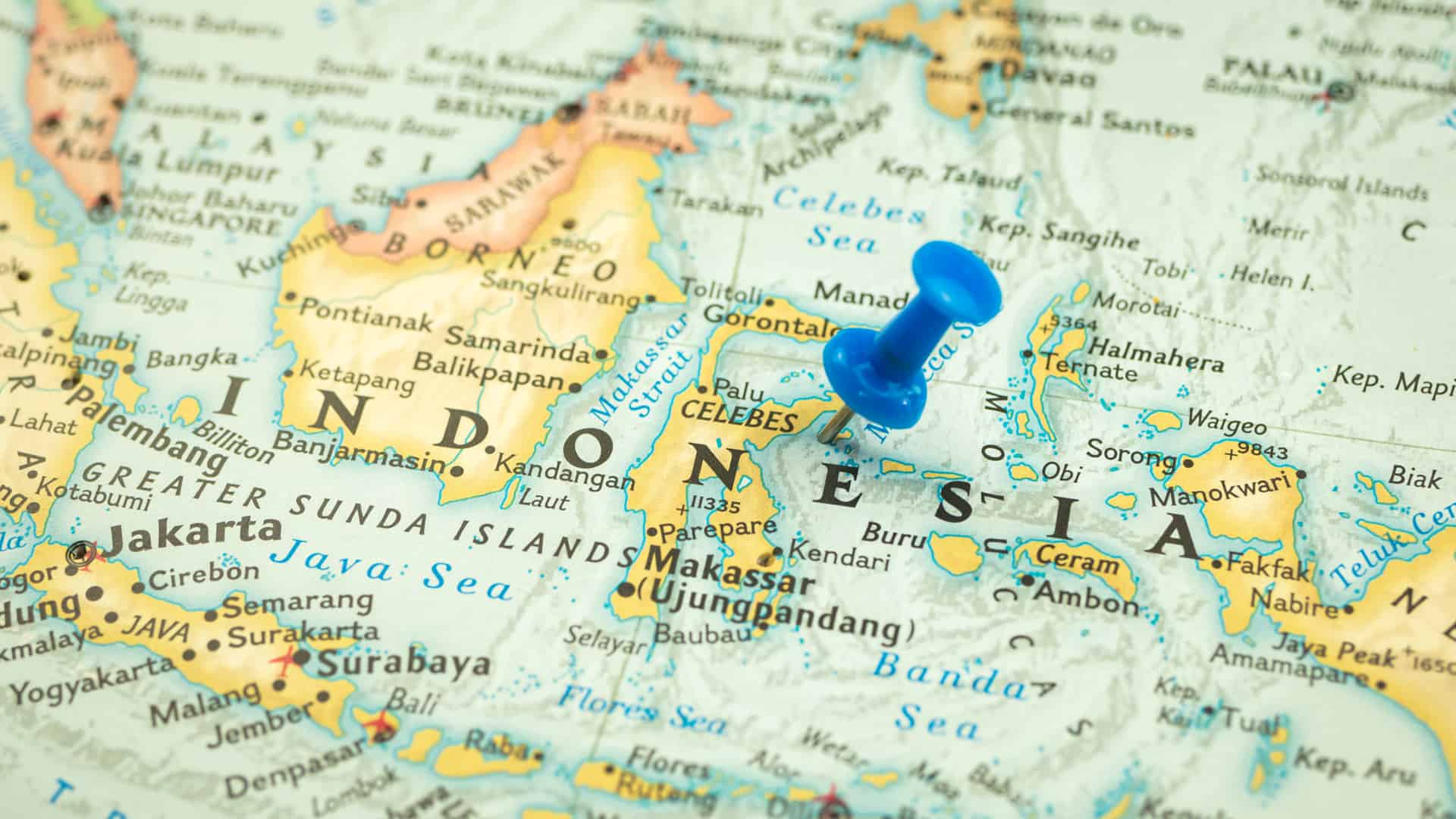The House of Representatives (DPR) decided on the addition of three provinces in Papua at the 36th plenary meeting on June 30, 2022. In this meeting, 3 draft laws (RUU) were passed, namely; the establishments of South Papua Province, Central Papua Province and Papua Mountains Province. Thus, the Republic of Indonesia officially has 37 provinces from the previously 34 provinces. Based on research conducted by the Central Statistics Agency, the distribution of provinces in Indonesia with the expansion of Papua is as follows:
–INSERT GRAPHIC–
Table of Contents
Sumatra Island consists of 10 provinces, including Nanggroe Aceh Darussalam, North Sumatra, South Sumatra, West Sumatra, Bengkulu, Riau, Riau Islands, Jambi, Lampung and Bangka Belitung. Java Island consists of 6 provinces, including Banten, DKI Jakarta, West Java, Central Java, Yogyakarta Special Region, and East Java. Kalimantan Island consists of West Kalimantan, East Kalimantan, South Kalimantan, Central Kalimantan and North Kalimantan.

Bali Nusa Tenggara Island consists of 3 provinces, including Bali, East Nusa Tenggara and West Nusa Tenggara. For Sulawesi Island, it consists of 6 provinces, including Gorontalo, West Sulawesi, Central Sulawesi, North Sulawesi, Southeast Sulawesi and South Sulawesi. As for the Maluku and Papua Islands, it has now increased to 7 provinces, including North Maluku, Maluku, West Papua, Papua, Central Papua, Mountainous Papua and South Papua.
37 Provinces: The Purpose and Impact
The Chairman of Commission II of the House of Representatives of the Republic of Indonesia, Ahmad Doli, revealed that the purpose of the addition of the new provinces is to accelerate equitable development and improve public services. Acceleration will encourage all aspects of Papuan lives which certainly have an impact on Indonesia, ranging from political, administrative, legal aspects, socio-cultural unity, infrastructure, economy and the development of community life. Another impact is the affirmation of decentralization, local regulation and investment opportunities in the land of Papua, Republic of Indonesia.
Decentralization and Regional Autonomy Policy
Based on Article 1 of Law Number 32 of 2004, decentralization is the handover of government authority by the government to autonomous regions to regulate and manage government in the Unitary State system of the Republic of Indonesia. Broadly speaking, the main objective of the decentralization and regional autonomy policy is to open greater access to civil society to participate, both in the decision-making process in the regions, and in its implementation. Decentralization is one of the elements of Indonesian government as a democratic country, where decentralization encourages the unification of a pluralistic society.
Contribution to Indonesia’s Vision of a Golden Indonesia
The expansion of Papua is also one of the government’s steps in realizing Indonesia’s vision to become a developed country, namely towards a Golden Indonesia in 2045. National development should not only be centralized in the capital city or big cities, but it is also necessary to have a comprehensive economic transformation and infrastructure development.
Economic Transformation Strategies and Regional Development
The regional head has an understanding of the characteristics of the people in his leadership area, so as to create 6 economic transformation strategies. This is in accordance with the Government’s Work Plan (RKP) in 2022 which is more effective. The six economic transformation strategies consist of creating competitive human resources, increasing economic productivity, initiating a green economy, utilizing digital transformation, integrating the economy and moving the National Capital City (IKN).
SW Indonesia Services Supporting Investments in Indonesia
This is in accordance with SW Indonesia’s position to support the government’s plan in equitable development in Indonesia. SW Indonesia is positioning itself as an archipelago network, Asia Pacific business hub and Indonesia investment gateway. In that strategic position, SW Indonesia offers professional services that support investments from within, into or outside the territory of Indonesia. These professional services cover audit and other insurance services, taxation, accounting, finance and business advisory, in supporting investors to develop business in Indonesia.
Looking to navigate the dynamic landscape of Indonesia’s 37 provinces and seize the abundant opportunities they offer? SW Indonesia is your reliable partner for professional services tailored to support your investments. From audit and insurance services to taxation, accounting, finance, and business advisory, our expert team is dedicated to helping you excel in the Indonesian market. Contact us today at at +62 2993 2132 or email us at info@sw-indonesia.com to unlock the full potential of your investments and achieve remarkable success in Indonesia’s diverse and thriving business environment.
Writer : Fanny













